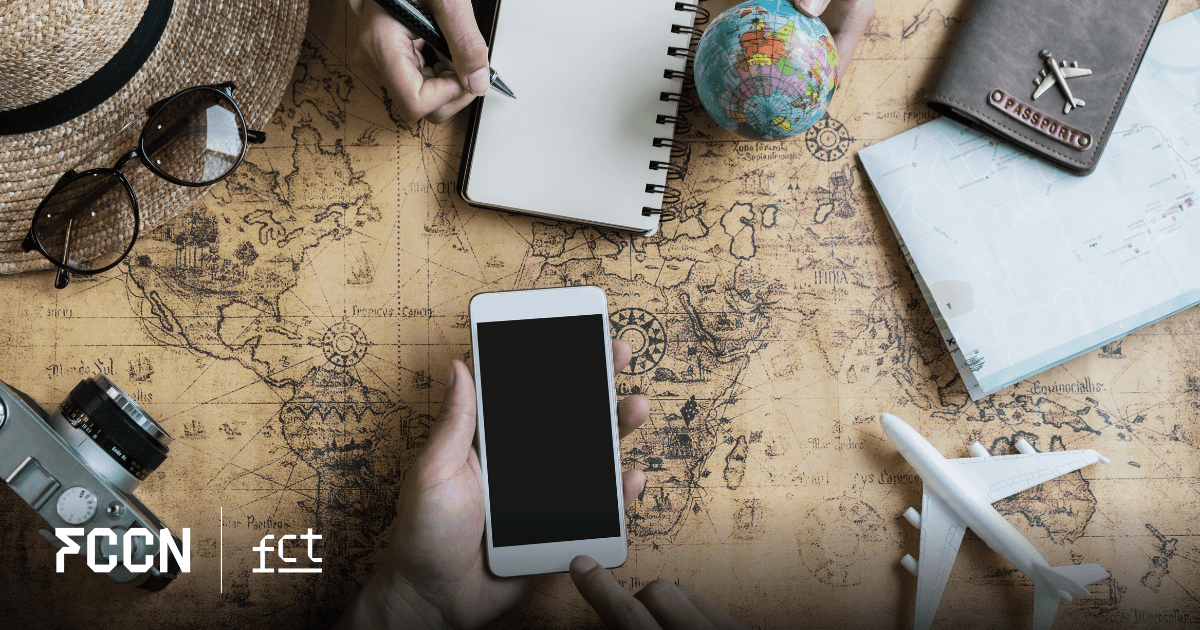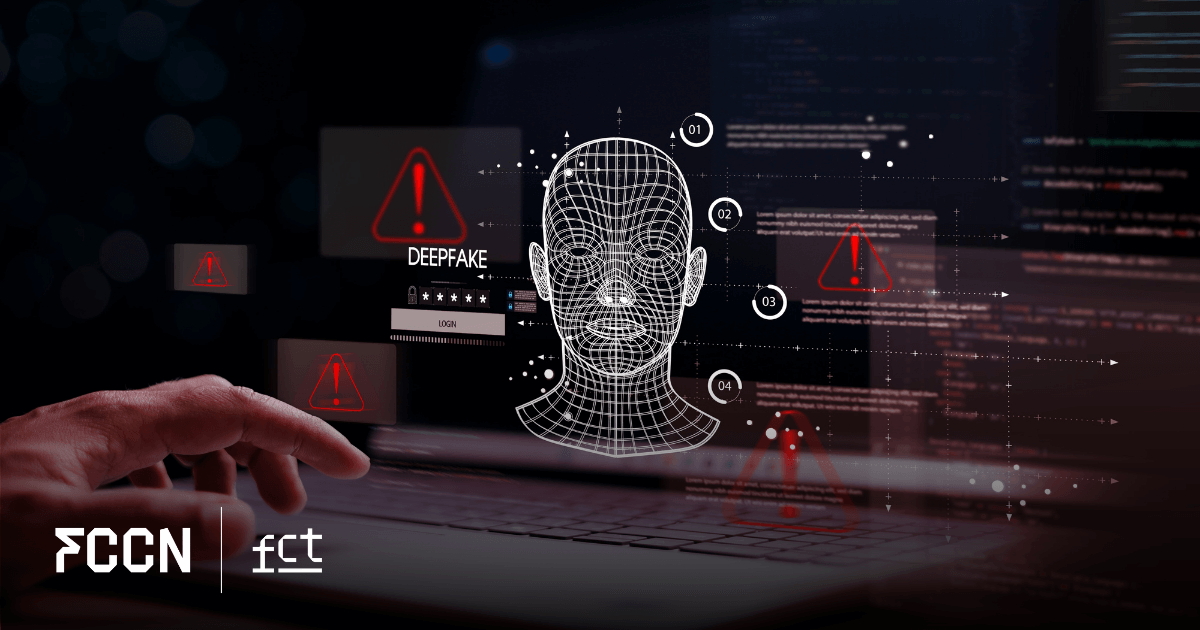Vacations bring a change to our daily routine. However, while they're synonymous with rest, the same isn't true for cybersecurity threats, which persist, even during this summer.
During this period, it is crucial that all people and companies continue to preserve their online security and, in this sense, the team at RCTS CERT, a digital service from the Foundation for Science and Technology, developed through FCCN, offers some tips that are especially important at this time of year.
#1 Backup and Update
Preparing for a cybersecure vacation starts long before summer. In the run-up to the vacation, conduct a backup of the most important information on your cell phone (contacts, images, emails, etc.), to prevent any undesirable accidents.
On the other hand, do the update of the operating system and the applications or programs you use, to ensure that the latest protections against cybersecurity threats are installed.
#2 Protect your devices with a strong password and two-factor authentication
If access to your devices isn't already password-protected, it's important to take this additional step before your vacation begins. Create complex, highly secure passwords.
Likewise, make sure your devices are locked whenever you're not using them and keep them with you at all times. Even if you're only away for a few minutes, for example, don't take any risks, as someone might want to steal or destroy your information.
THE Two-factor authentication is also a security method you should consider when requiring a second form of identification to access your resources and data. So, in addition to the password, you can use methods such as SMS verification, the use of a specific application, voice-based authentication or tokens of hardware.
#3 Pay attention to the connections
The need to connect to the internet can make it tempting to use public and open networks. This possibility should be accompanied by some additional security steps. Start by Always confirm with professionals at the location you are in, such as restaurants and hotels, whether it is a legitimate chain. The ideal would be to have your connections Wi-Fiie Bluetooth turned off by default, turning on only to access networks you fully trust.
Likewise, you should avoid public charging stations, which can be used to transmit malware for your devices. Alternatively, use a USB filter that blocks any data and only allows power to pass through.
#4 Enable “Find My Device” functionality
Regardless of the brand or operating system you use, the vast majority of recent devices include the “Find My Device” feature. This is a powerful tool that allows you to track the location of your smartphone, for example, and even remotely lock your device if it is stolen (as long as it has power). This way, you can reduce anxiety levels while ensuring your personal information is always secure. Make sure this feature is enabled before starting your vacation.
There is always a balance between privacy and functionality, but in this case it is better to prevent and activate this feature.
#5 Be careful what you post on social media
During vacations, there are additional reasons to increase our online presence, but caution should always be a priority.
Think before you post! You should always analyze several times, before making a post, what information is being shared at that moment. If your location becomes clear, for example, that information could be used against you. A good practice is to only share information after returning from vacation. Alternatively, you can configure your privacy settings so that only people you trust can access your online activity.
These are just a few tips to help you have a more peaceful and safe vacation. To learn more about the RCTS CERT service, visit https://www.fccn.pt/areas-tecnologicas/seguranca/rcts-cert/












